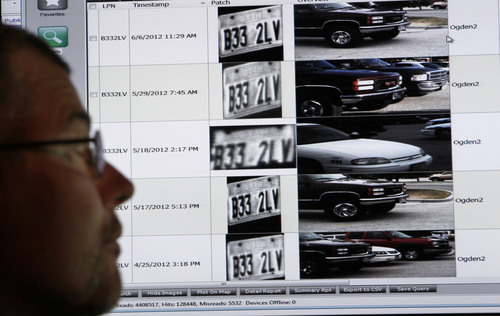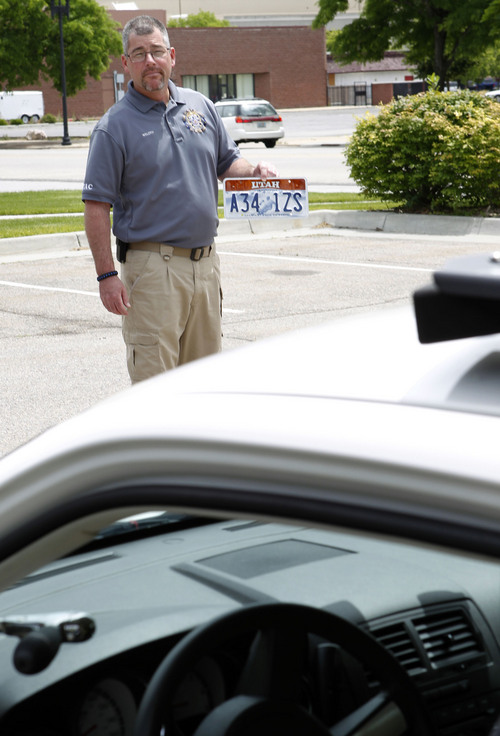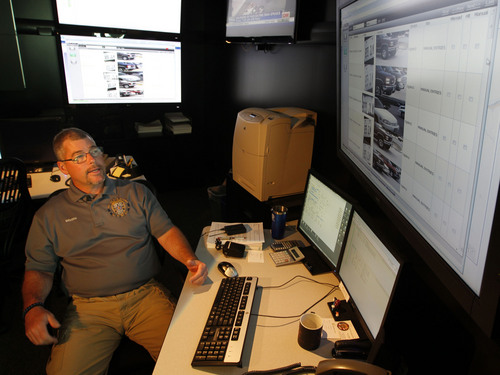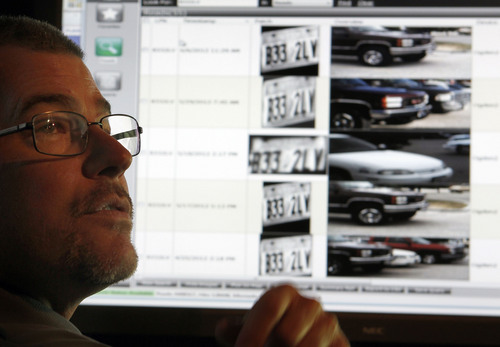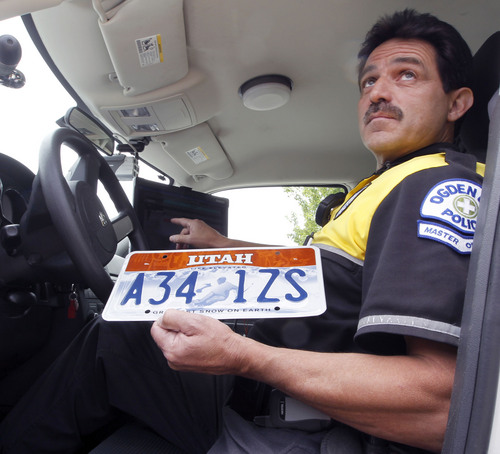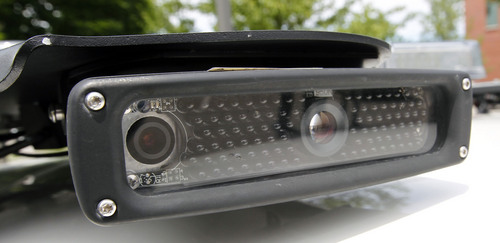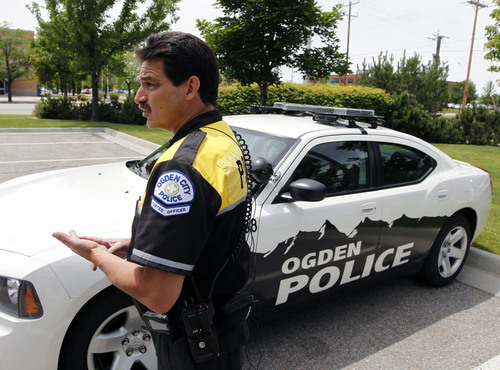This is an archived article that was published on sltrib.com in 2014, and information in the article may be outdated. It is provided only for personal research purposes and may not be reprinted.
Two companies are suing the state over changes made last year to the automatic license plate reader law, which they say unfairly and unconstitutionally shut them out of Utah.
Digital Recognition Network Inc. and Vigilant Solutions Inc. say revisions to the law means they are no longer able to sell license-plate reading cameras or data processing services to such clients as tow and repossession businesses, automobile finance and insurance companies, according to a lawsuit filed Thursday in U.S. District Court for Utah.
The law now restricts use of such technology to law officers and parking enforcement agents and limits how long they may archive data gathered. The statute was modified by SB 196, sponsored last year by Sen. Todd Weiler, R-Woods Cross.
"The intent was to limit use of this invasive technology," Weiler said Thursday, "and the amount of data that could be stored for law enforcement purposes." He said use of the technology "could become like a warrantless search."
"We felt this was a powerful tool that needed to be closely guarded as far as much it invaded an individual's liberty," Weiler said.
At least five other states have enacted similar laws, the companies said, and others are considering such measures.
But the companies allege the law goes too far in restricting their First Amendment rights and has caused them irreparable injury through the loss of business. They have asked U.S. District Court Judge Clark Waddoups for a preliminary injunction to stop the law from being enforced.
"The state of Utah cannot claim that photographing a license place violates priacy," said Michael Carvin, a Washington, D.C., attorney representing the two businesses, in a statement. "License plates are public by nature and contain no sensitive or private information. Any citizen of Utah can walk outside and photograph anything they please, including a license plate."
The mounted cameras use technology that recognizes license plates and digitizes the alphanumeric information, which can be sifted through databases to locate stolen vehicles and vehicles that are in the process of being repossessed. The data also is used to help solve crimes, the companies said.
Vigilant Solutions, which operates a National Vehicle Location Service, previously provided 33 law enforcement agencies in Utah with plate data free of charge in "many [if not all]" cases, according to the lawsuit.
The technology is credited with helping Utah police solve about 1,300 stolen car cases a year, according to information presented at a legislative hearing last year.
Digital sold 10 automatic license plate reader camera kits to five Utah companies between March 2010 and February 2012. The company then sold the data gathered to auto lenders and insurance companies in Utah.
But the act shut down its operations in the state, the two companies said in the lawsuit.
Twitter: @Brooke4Trib


